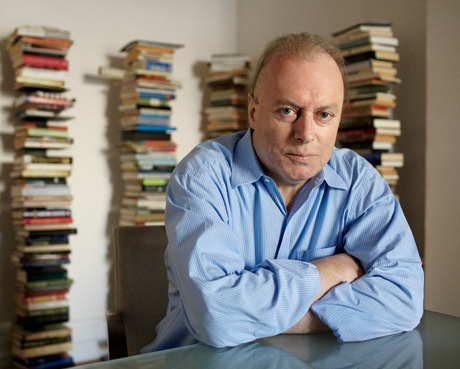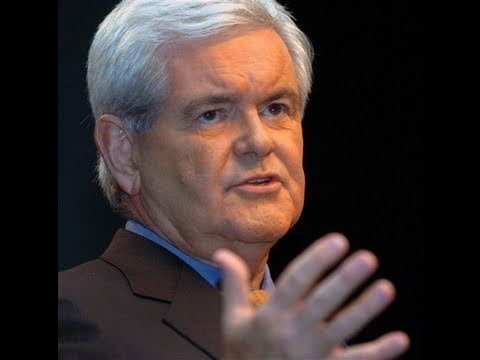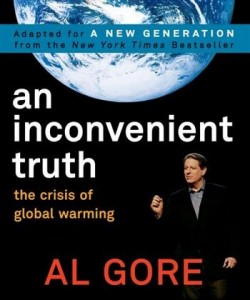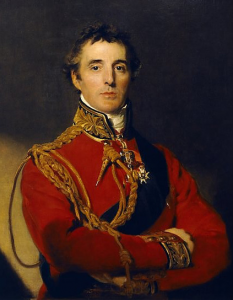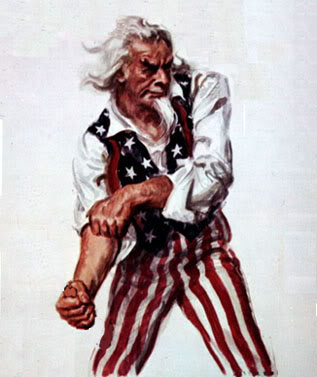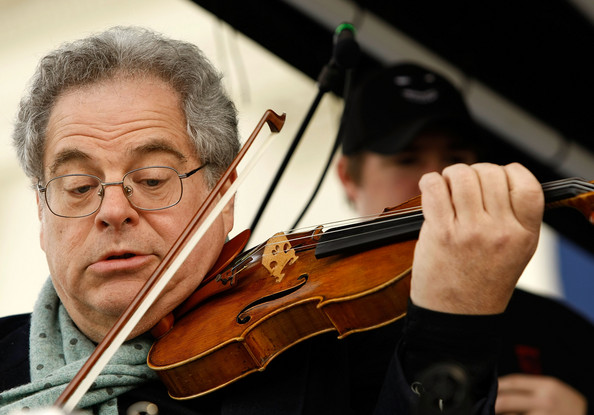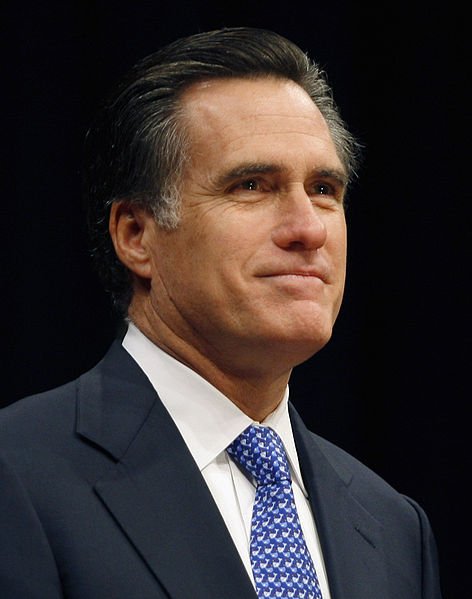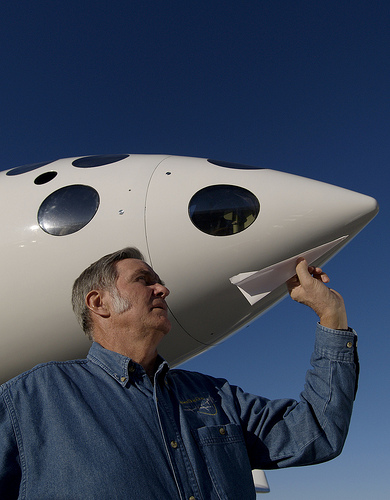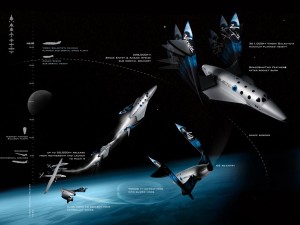Christopher Hitchens died today of esophageal cancer at age 62. With his death, an ancient tradition of debate and discourse suffered a retrenchment, and intellectual freedom lost a true champion. With his death, Christopher Hitchens achieved something that no opinionated writer has managed to do for decades, perhaps since the Age of the French and American Revolutions, an outpouring of sincere regret and admiration from thinkers on both the right and the left side of political discourse. He managed in a lifetime of writing to essentially alienate everybody at least once in his acerbic attacks on prominent contributors to world history, and he was to the end, gloriously unapologetic. A Marxist sympathizer, atheist, hater of Zionism, Mother Theresa, Henry Kissinger, and Ronald Reagan in equal measure, he also managed to be an unabashed supporter of the war to oust Saddam Hussein and at a broader level the War against Islamic Fascism. Despite this intemperate man’s literary extremism, he was as likely to be published in the National Review as in the Nation, due to the depth of his analysis and the strength of his prose. Above all, Hitchens was a thought warrior, who led with his mind, and was not afraid of an intellectual cage match in a hostile arena. I personally had almost nothing in common with his thought process or his prejudices, but always enjoyed immensely his love of the debate.
Christopher Hitchens hated what he hated, but never hated ideas or the people who could sufficiently articulate them. In D.G. Myers’ insightful essay on Hitchens in Commentary Magazine, a particular quote stands out that beautifully describes the core of the Hitchens persona:
His detractors on the left and among the religious never understood this about him: everything Hitchens wrote was a provocation to rethink and an invitation to reply. He could be disdainful of his opponents — this is the usual reason given by people who refuse to read him — but Hitchens’s essays are a call to defend themselves. His essays are never bullying, because Hitchens never pretends to have the last word on a subject.
‘A provocation to rethink and an invitation to reply’…I wish I had written that. Hitchens achieved what few writers have dared to do in the modern world – think a position over on the basis of significant reading and analysis, stake the position out, and defend it like a pit bull, no matter how many friends he admired might find his conclusions contrarian. Hitchens participated in the concept of the old fashion democratic debate, the debate style of Lincoln and Disraeli – that it was all right to face hostility and outright derision, hold a minority view and suffer frankly defeat, if you believed in what you said, and felt you could articulate it with clarity and good conscience. During the Iraq War and its aftermath, Hitchens faced hostile after hostile audience with his pro-interventionist thinking, when almost all of the original supporters of aggressive action had turned hypocritical tail and renounced their support when the going got tough. Hitchens would have none of it. He didn’t believe that overthrowing Saddam Hussein was politically appropriate, he thought it was morally and intellectually appropriate, and that what all that mattered to him.
I will miss Christopher Hitchens for his beautiful writing, his cohesive expression, and his warrior attitude about the importance of thinking in developing ideas and philosophies. So many of our modern commentators speak to what is acceptable as opposed to what is conceivable, and it speaks to the superficiality of their understanding and the rigor of their investigation. Christopher’s brother Peter, as rationally conservative as Christopher was irrationally liberal never failed to point out the waywardness of Christopher’s conclusions while admiring the synthesis of his argument. It was the ultimate gift of brotherhood, to decry the message, but love the messenger. And now the messenger is silenced by fate, but never, never defeated. It is sad to think of all that is about to transpire, that will not be filtered and commented upon by one of civilization’s great interrogators. Safe journeys, Christopher…

